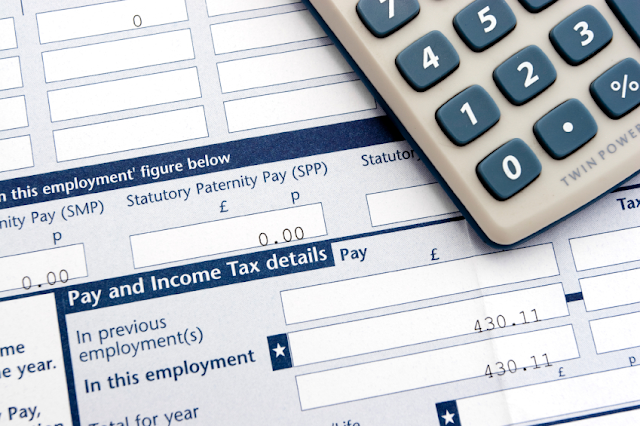If you’re like most people who are thinking about investing
in a solar system for their home, you likely have plenty of questions about how
your investment will benefit you both now and in the future. You’re right to
question the payoff of solar, as it typically requires a hefty initial
investment of anywhere between $5,000 and $80,000 dollars to get started,
depending on the kind of system you want to implement.
Modernize
believes that it’s important to gain insight into when your solar system will
start paying off before you make an investment—here are some aspects to
consider that should help you make your final purchasing decision:
On the Grid or Off?
If you choose to invest in a solar system that can be tied
to your local energy company’s power grid, you can get away with a smaller
system and use traditional power as backup while still saving plenty of money
on your energy bills each month. On the other hand, if you purchase a grid-tied
solar system that fully meets your household’s energy needs, you should be able
to sell any leftover power you generate at the end of the month to the electric
company for a tidy profit.
Investing in an off-grid system will require a bigger
investment upfront, as you’ll have to provide your home with energy to meet its
daily needs plus a significant bumper for those days when it’s overcast or
stormy outside, and your solar panels have access to limited sunlight
throughout the day. With a grid-tied system you can expect to save about $1,000
a year on energy costs, and with an off-grid system you’ll eliminate your
energy costs altogether.
Looking at Tax
Incentives
Luckily, you can look forward to tax incentives as a result
of investing in solar power, which will help offset your initial investment
costs and minimize the time it takes for the system to pay for itself. The
incentives you are eligible for depends on the state in which you reside and
the type of solar system you plan to have installed on your home. Depending on
where you live, you may be eligible to receive a rebate for up to 70 percent of
the cost of your solar system purchase and installation. In addition, you may
be able to claim a deduction on your taxes for your solar system when filing
time comes around.
 |
| Solar Savings Breakdown |
To get a good idea about when your new solar system will
start paying off and whether or not the investment is a worthwhile one, you’ll
need to sit down and determine how much power your household uses on a daily
basis. There are many online calculators that will help you get the
job done.
Once you know how much power your home needs, you can figure
out what size solar system is required for your home and how much it’s going to
cost you upfront. You can then figure out what kinds of incentives and tax
refunds your state will offer you to estimate how much you’ll save in upfront
costs.
To determine your monthly energy savings, you need to figure
out how much power you will still be using from the energy company compared to
what you used before the solar was installed. You will pay the difference (if
any) to your energy company and keep the rest for yourself as savings.
It’s a good idea to sit down and speak with a professional
solar system provider to determine exactly how much power your home needs and
how much money you can expect to save.










